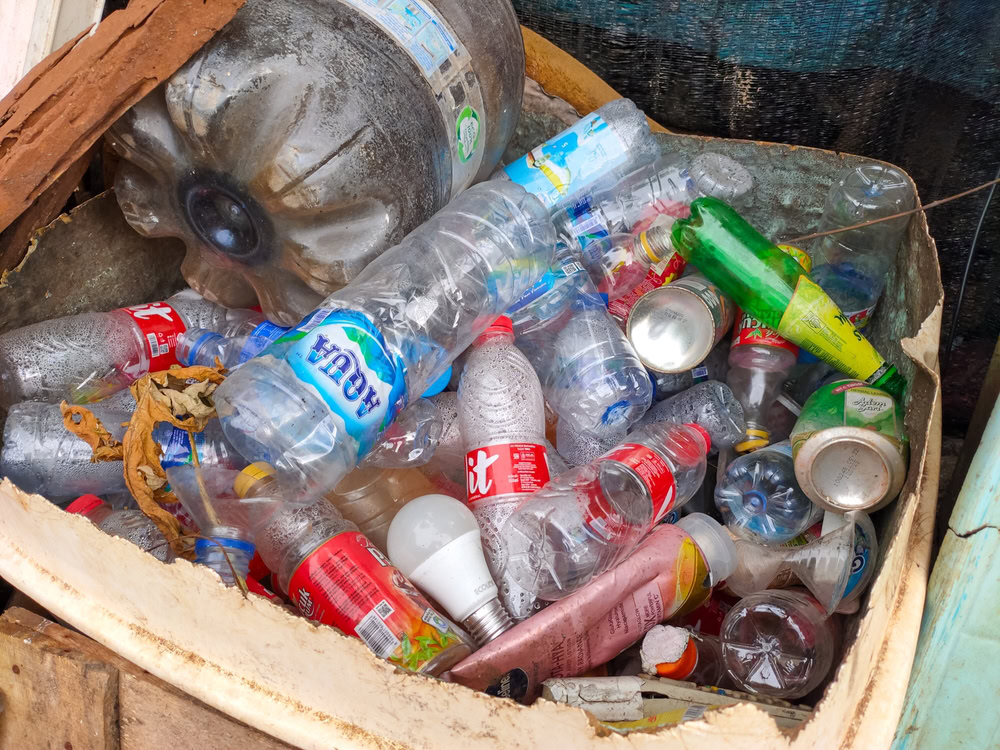The report, published by non-profit Earth Action For Impact, predicted that 225 million tonnes of plastic waste will be generated globally in 2025, five million tonnes more than last year.
With 117 days of “plastic overshoot” still to come, Earth Action warned that all waste produced between 5 September and the end of the year will not be adequately managed.
Packaging remains largest source of waste
According to the findings, almost 80% of the world’s population already lives in countries that have exceeded their waste management capacity, with 12 countries responsible for 60% of the world’s mismanaged plastic waste.
On average, 28kg of plastic waste per person will be generated globally this year – a 9.7% increase since 2021.
The non-profit cautioned that nearly a third (31.9%) of that total will be mismanaged at end-of-life, leaving 72 million tonnes to pollute the natural environment.
Packaging remains the single largest source, accounting for 33% of production, followed by textiles (17%) and household products such as disposable goods (5%).
The report draws on data by Plasteax, now transitioning into the Packaging Data Hub, a multi-material data platform developed by Earth Action and systems-change consultancy Systemiq.
Yoni Shiran, Partner and Plastics Lead at Systemiq, said: “Plastic Overshoot Day highlights the imbalance between our production patterns and our capacity to manage waste responsibly. This is not a problem we can recycle our way out of.
“That’s why alongside Earth Action we will soon launch the Packaging Data Hub – a ‘single source of truth’ on packaging data with the aim of helping companies, governments, investors and other stakeholders to make better data-based decisions.”
Global Plastics Treaty
The publication of the report follows the collapse of UN treaty negotiations on plastic pollution last month (August 2025).
After nearly two weeks (5–14 August 2025) and two draft texts from the Chair, delegates failed to find consensus and the session ended in stalemate.
According to Earth Action, several of the largest plastic-producing nations opposed provisions to cap production or eliminate toxic chemical additives.
Sarah Perreard, Co-CEO at Earth Action For Impact, commented: “The absence of a global plastics treaty doesn’t mean the absence of risk for the planet and business. Plastic Overshoot Day is a stark reminder of the plastic crisis we still face.
“While multilateral negotiations continue to stall, plastic pollution is actively impacting the business environment through increased state regulation, litigation against companies, and mounting liabilities.
“The financial case for action is clear – companies that measure, disclose, and reduce plastic risks today will differentiate themselves and build resilience, while those who delay will face the costs of inaction tomorrow.”






Subscribe for free